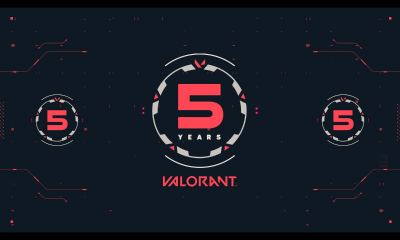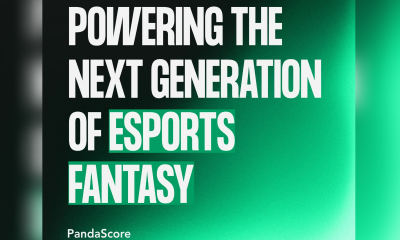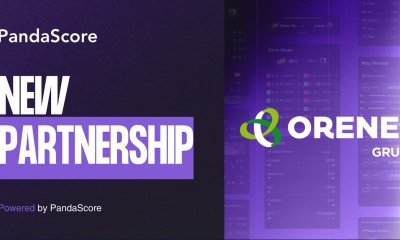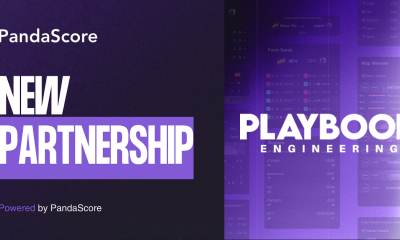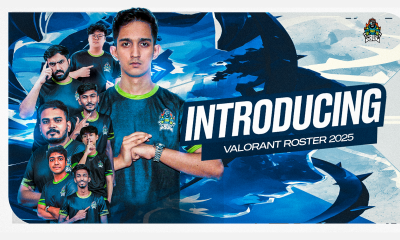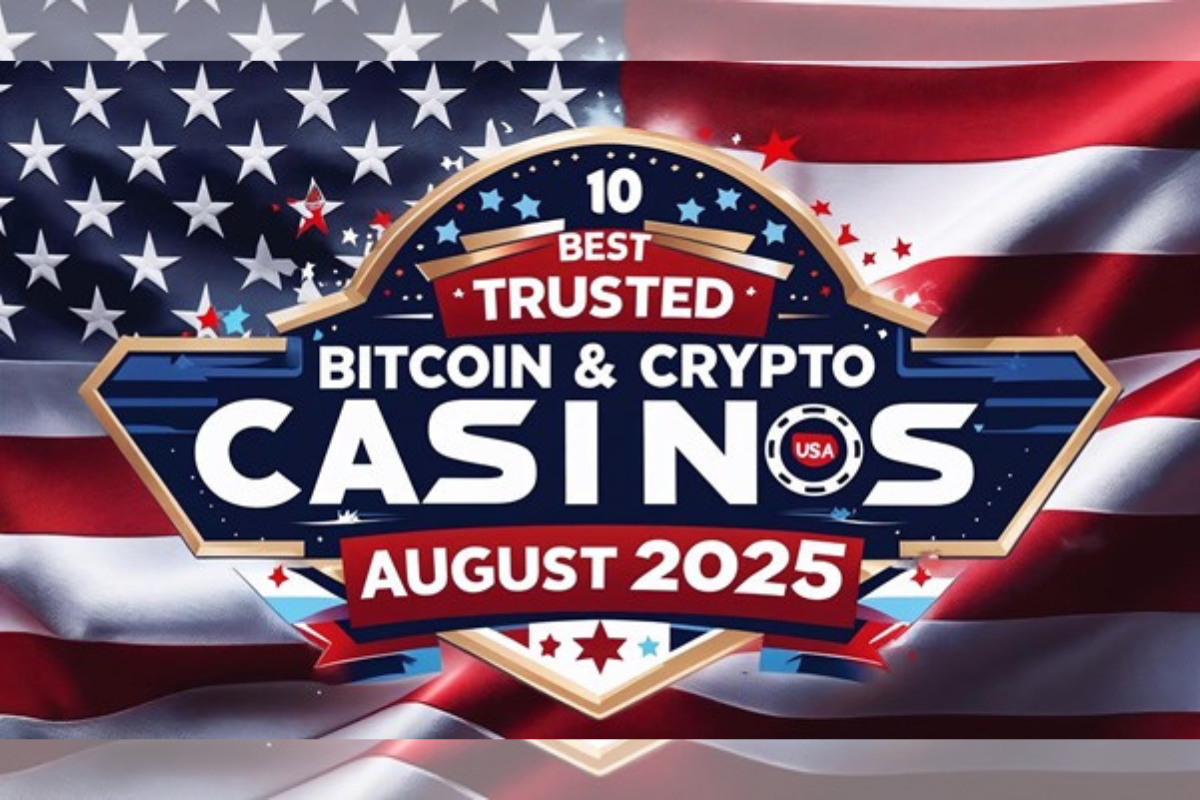eSports
Esports player engagement: Latency Vs Delay
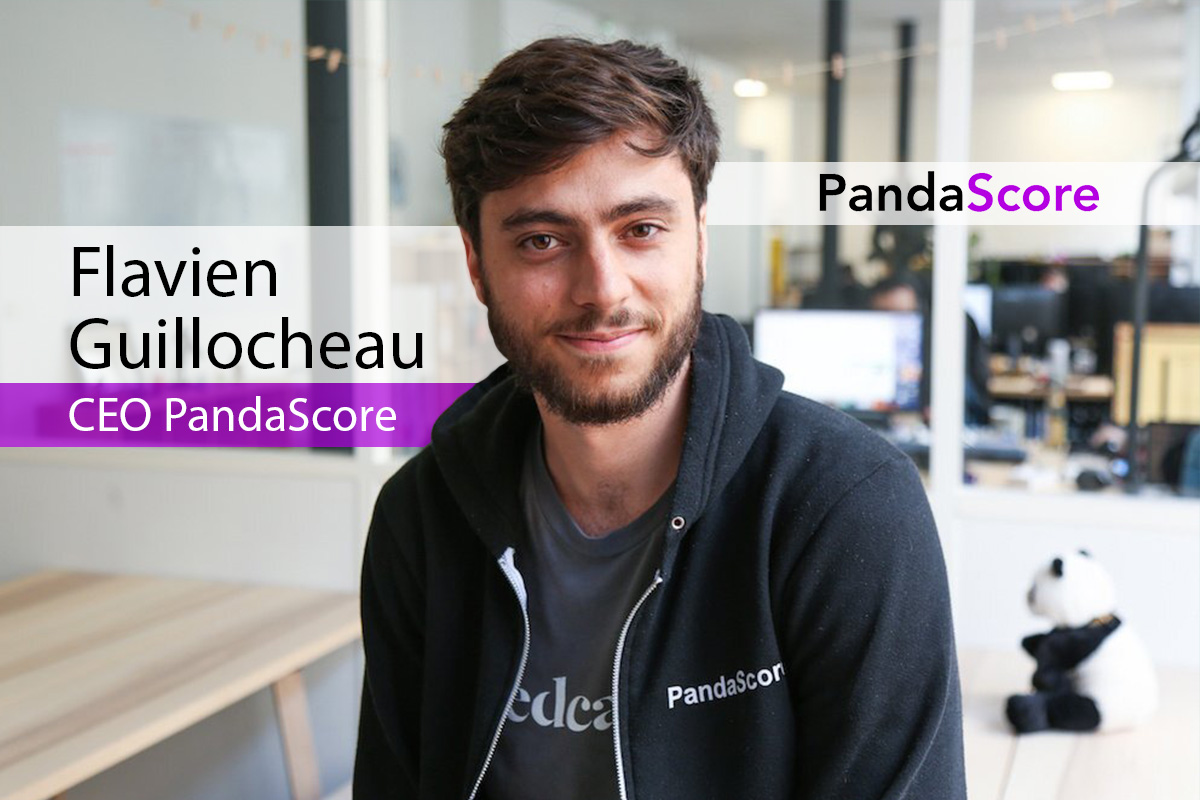
How does latency impact the success of the esports market? Is the industry paying this issue enough attention?
Regardless of whether it’s esports or traditional sports betting, latency is a critical issue that must always be considered in your market offering. The current levels of latency and delay in esports means that punters are at a significant disadvantage when they place bets – to the point that it detracts from the overall experience. Improving latency and delay is essential to achieving parity with the broader sports betting sector, and the future growth of esports betting more broadly.
The most important differentiator between esports and traditional sports is not latency but delay. Latency only refers to the common and often unavoidable situation where the video stream is lagging behind the real time gameplay. Delay, however, is an intentional feature in esports, used as a tool to increase the Tournament Organiser’s control over the broadcast content.
Purposely inputting delay is an industry standard these days and has a direct impact on player engagement. TO’s are constantly trying to find the right balance for delay, as they need to manage competitive and betting integrity against risk, while maintaining broadcast quality.
Although the issue of latency is being handled well in industry, the issue of delay is not. Many industry stakeholders are not attempting to overcome this challenge at all. It’s not just a matter of a few seconds, but many video streams can have up to 10 minutes delay!
The scale of this issue is completely different to any latency related issues. The impact it’s having on player engagement is game changing and I believe it’s an aspect that needs a lot more attention from our sector.
How important is the tier of tournament as a factor when influencing the impact of latency or delay in betting markets?
In esports, latency levels are heavily influenced by the tier of tournament or match. The lower tier esports leagues with more niche gaming titles typically will not have an official data supplier. There is no mass data feed for everyone to access. For matches like these, the punters, operators, players and spectators are all receiving their information from one place; the online stream, meaning no unfair edge when comparing data speed to stream speed. In situations like this, nobody has an advantage, so issues of delay and latency are far less problematic.
The biggest risks to gaming integrity are usually observed in the highest tiers of esports. Top level games that are being broadcast all over the globe and have official data feeds are where the issues of latency and delay have the biggest impact.
The delay between video feed and odds feed is most disparate with MOBA (Multiplayer Online Battle Arena) games such as League of Legends or DOTA 2.
MOBA games usually consist of continuous gameplay for 40 – 50 minutes with no pauses or rounds. Even with delays of up to 5 minutes, a lot can happen that will change the dynamic of the game and moreover, change the final result. This puts the operator at a greatly increased risk, making it unfair for punters using the stream content to make bets from irrelevant odds.
Games such as Counter-Strike and Valorant are ‘rounds based’ games, meaning their gameplay is a lot more fragmented. So, with a 5-minute delay, the viewer will only be 1 or 2 rounds behind at most which is typically not enough of a window to impact the final result of an entire match. Added to this the fact that punters are only allowed to bet on one round at a time, the opportunity to benefit from the time delay is notably minimised.
What can the key stakeholders in the top tier of esports do to decrease delay in the streams whilst still upholding the highest standards to sports integrity?
In esports there will always be an element of delay to ensure broadcast quality and the integrity of competition – particularly to prevent stream sniping and cheating during games. With this in mind there are two different approaches to this: decreasing delay or aligning data with this delay.
For broadcast and integrity reasons you can only reduce the delay to a certain level, but that still doesn’t get to the heart of the problem. Punters are still behind not by seconds, but by several minutes. And it’s the top tier esports events, particularly ones with exclusive data feeds, that have the biggest disparity of information between operator and punter. Which in turn stifles the live betting potential of the biggest events of the year.
The more equitable solution for the industry would be to align the delay of the data feed with that of the stream. It sounds very simple right?
Applying this change in a way that parallels the sports betting ecosystem not only creates a fairer environment for the end user, the punter, but unlocks so many more opportunities for live engagement.
Official rights holders should think carefully and partner with companies that will create a fair ecosystem and who give betting operators the best ability to not only maximise revenues but who can deliver the best customer betting experience. This status quo has gone on for too long with suppliers of non esports specific betting products holding rights packages for some (not all) tournaments and throttling betting turnover and user experience.
Even with no perceived delay, operators using suppliers with quality products will still be able to price markets efficiently, while giving the punters a better overall experience.
How does latency impact sports integrity and how can it be improved going forward?
The answer to this question is a double-edged sword: Latency and Delay.
For esports and its general viewing experience, latency plays a key role. Most data providers are already utilising advanced technology to optimise every part of the streaming process and keep latency levels to a minimum. I don’t believe there to be too much of an issue there.
The core challenge is associated with Delay. We’ve heard from many stakeholders in the industry who say that there is a major problem with unfair betting in esports because punters are being supplied old information.
Most esports bettors prefer to watch the live match stream while betting, enhancing their in-game experience. However, when they notice that the odds on screen are not accurately reflecting the streamed gameplay, players understandably become discouraged from further engagement as the levels of credibility are impacted.
Sports integrity and fairness are important factors but not the only side effect of delay in esports. Being able to create an exciting experience for the punter is business critical. They need to be able to interact with the gameplay in as close to real time as possible. Statistics show that matches with the biggest delays also have the lowest betting volume, further demonstrating the need for improvement in this area. Latency itself is not a problem, the current industry level is under 10 seconds which is not perfect but is not problematic as most people don’t have the means or knowledge to be able to exploit that level of latency. The key to enhanced customer experience and the highest levels of sports integrity is in being able to better manage the delay, keeping the most up to date data possible displayed on the screen.
-
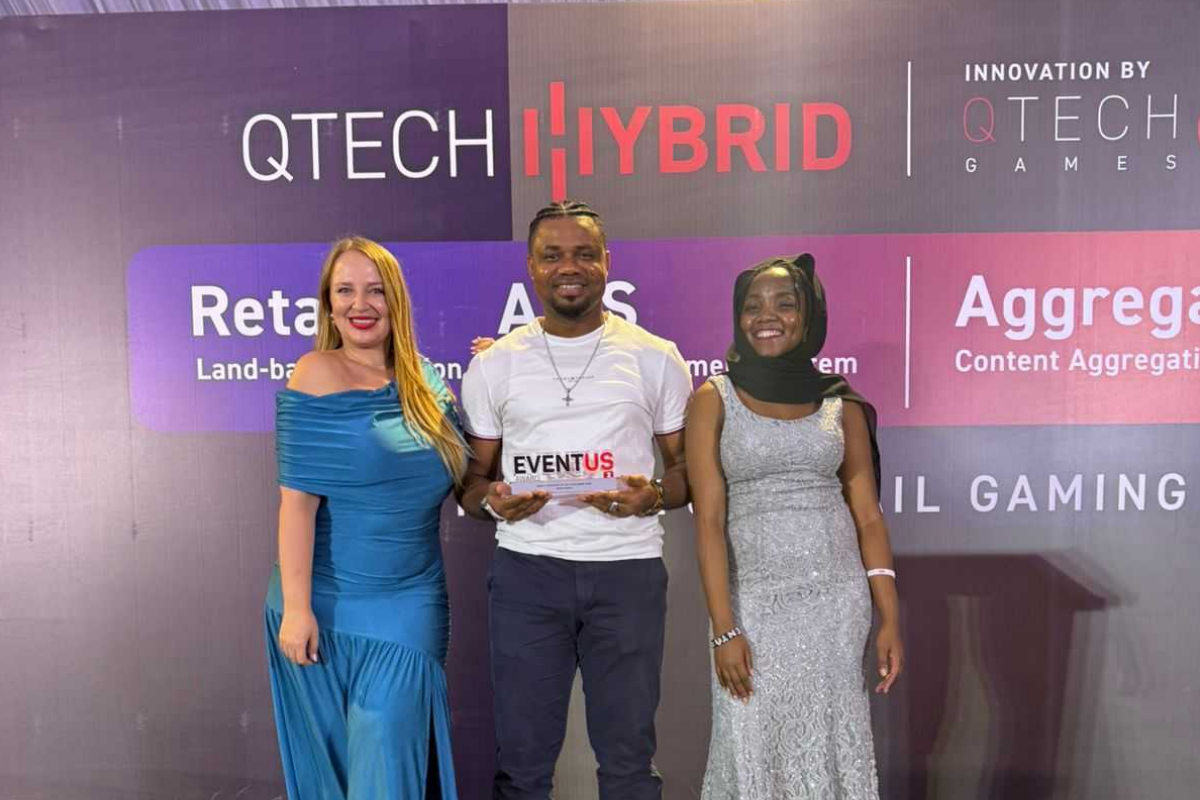
 Africa5 days ago
Africa5 days agoQTech Games wins Best Innovation of the Year at the 2025 SBWA+ Eventus Awards
-

 Asia5 days ago
Asia5 days agoNODWIN Gaming and JioStar Unveil OnePlus Android BGMS Season 4
-
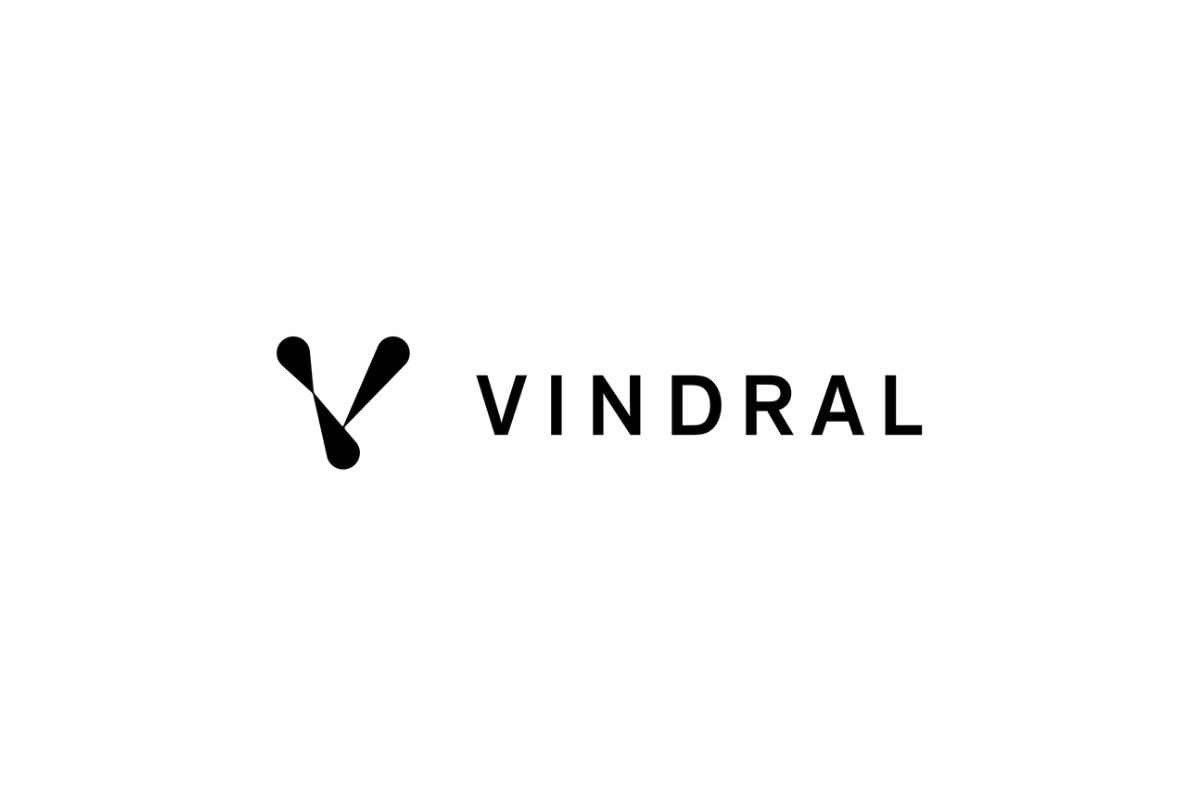
 Latest News5 days ago
Latest News5 days agoVindral appoints Henrik Fagerlund as Chairman of the Board
-

 Latest News5 days ago
Latest News5 days agoCalema to Perform at Legends Charity Game in Lisbon
-
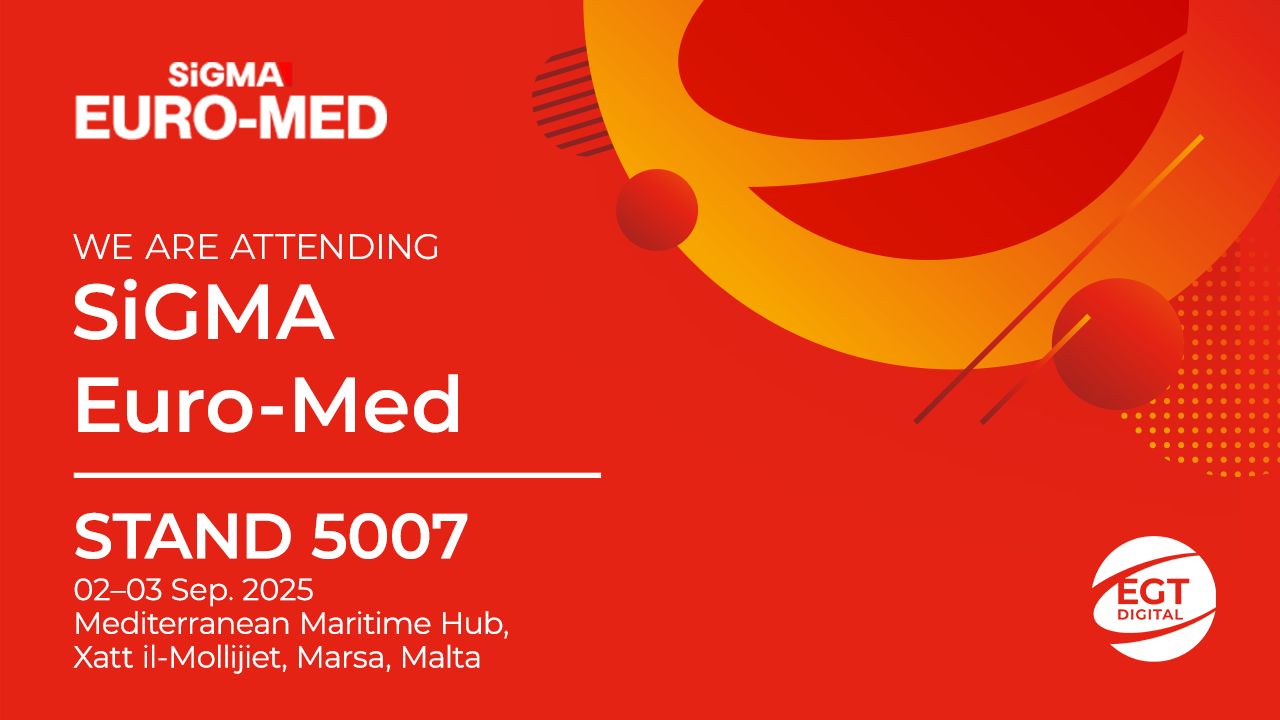
 Conferences in Europe5 days ago
Conferences in Europe5 days agoEGT Digital and EGT to rock the show at SiGMA Euro-Med 2025
-

 Latest News4 days ago
Latest News4 days agoPush Gaming redefines its portfolio, unveiling new game categories and sub-brand for extended player reach
-
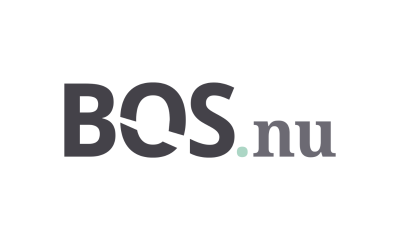
 Compliance Updates5 days ago
Compliance Updates5 days agoNew channelization assessment from the Gambling Authority confirms Sweden’s problem
-
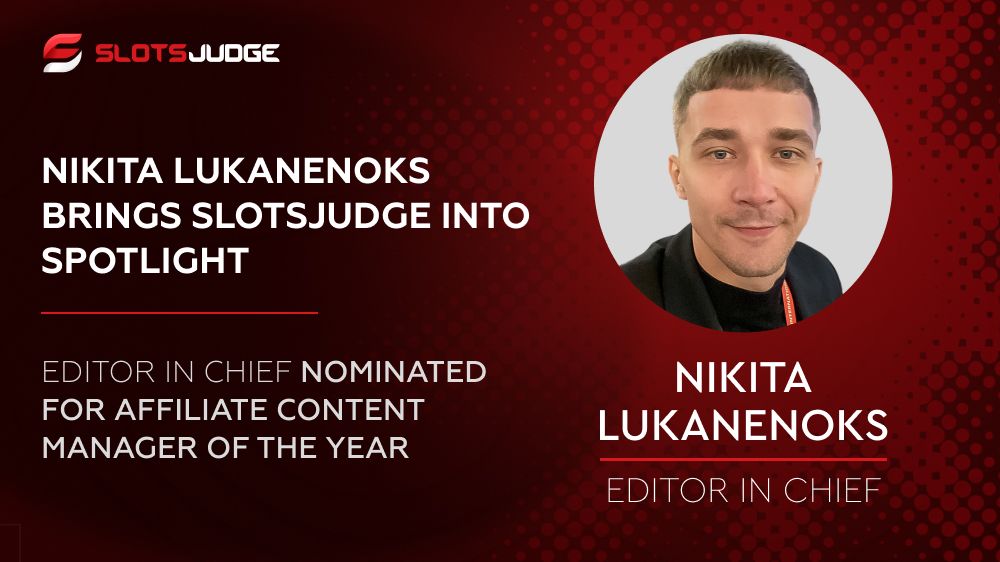
 Affiliate Industry4 days ago
Affiliate Industry4 days agoNikita Lukanenoks Brings Slotsjudge Into Spotlight With Affiliate Leaders Awards 2025 Nomination






